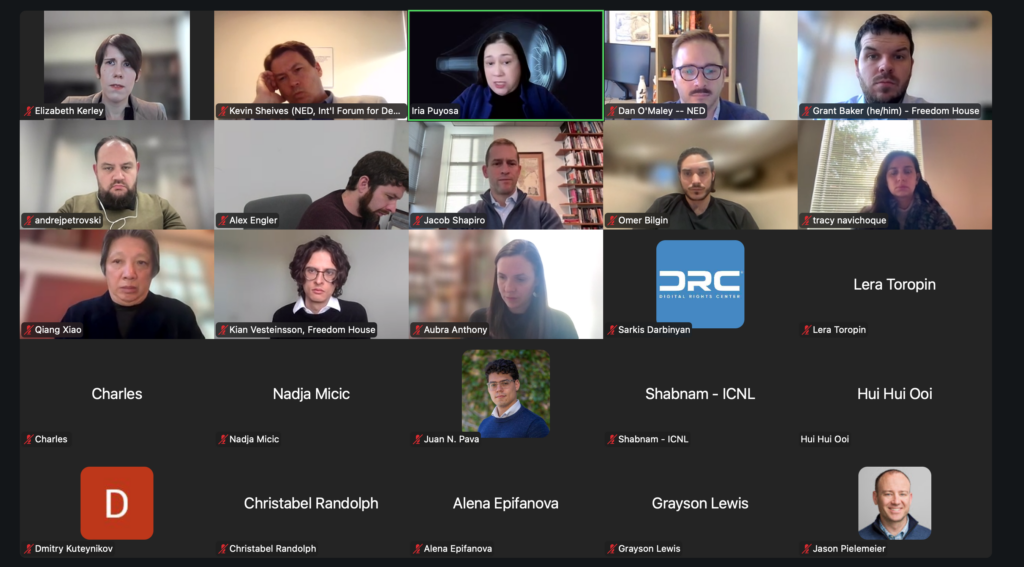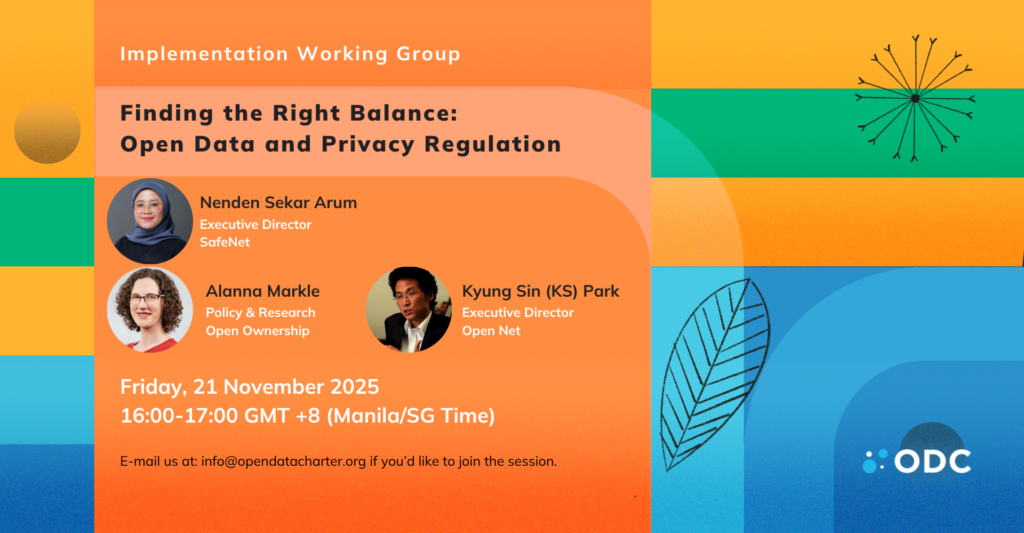K.S. Park moderated the following session on November 6, 2018:
A mix of fireside chat and lightning talks of practitioners working on public sector innovations that focusses on building citizen engagement. We will feature the unique and game-changing approaches used by practitioners when it comes to creating, strengthening, and sustaining citizen engagement around open government reforms. Participants will hear stories of successful attempts, current experiments, lessons gleaned from the bumps along the way, and results of explorations into new ways of initiating participation and renewing the involvement of citizens around open government.
The session will cover a wide range of topics such as
1. Transparency of judicial decisions, exploring if Artificial Intelligence can detect irregularities in judicial decision-making, and how civic monitoring will be critical to this.
2. Implications of blockchain technology to enhance civic rights and the internal transitions and risks that government needs to consider with the emergence of this technology
3. Creating a Participation Officers Network within government to break silos and spur innovation
4. Building and sustaining a civic tech community to influence the creation of open government reforms at multiple levels of government
5. Leveraging unconferences and ‘cafes’ to reach out to new user groups and build new public spaces for citizens to assemble
6. Tactics and metrics for generating political will where available and elicit it where absent, both from within and outside government
K.S. Park presented and engaged in a deep dive discussion with Prof. Kang Jang Mook to explore the possibility of using AI to make judicial decisions.
Judges can use AI to make their decision-making more efficient and fair. In the US, bail money has been criticized for discriminating against poor people who cannot post bail. https://nypost.com/2018/01/31/artificial-intelligence-is-coming-for-both-judges-and-defendants/ A fairer alternative is to make it more proportional to the likelihood of flight. But, how do you assess risk of flight? AI scours large sets of data on previous bail decisions and their results.
Also, bias and human error can be removed by use of AI, though not without algorithmic bias, which can be also remedied with AI. https://medium.com/@oleksii_kh/ai-is-entering-judicial-system-do-we-want-it-there-632f56347c51 Famously, “AI has correctly predicted 70% decisions of Supreme Court comparing to 66% of outcomes prognosed correctly by human experts.”
Also, AI can address unconscious bias. Researchers at Ben Gurion University in Israel and Columbia University examined more than 1,000 decisions by eight Israeli judges who ruled on convicts’ parole requests. Judges granted 65 percent of requests they heard at the beginning of the day’s session and almost none at the end. Right after a snack break, approvals jumped back to 65 percent again. https://www8.gsb.columbia.edu/newsroom/newsn/1659/how-extraneous-factors-impact-judicial-decisionmaking
Prof. Kang was asked by K.S. Park to address the explainability of AI first. Also, they discussed whether using the existing cases made by humans to train AI will reproduce the human bias in them, and how to clear AI thinking of the bias existing in the training data. In Korea, access to judicial cases database is extremely restricted for reasons of data protection. Prof. Kang discussed the ways to deal with this concern and yet enhance the availability of judicial cases: pseudonymization, which he also thinks can be done more efficiently by AI.


0 Comments